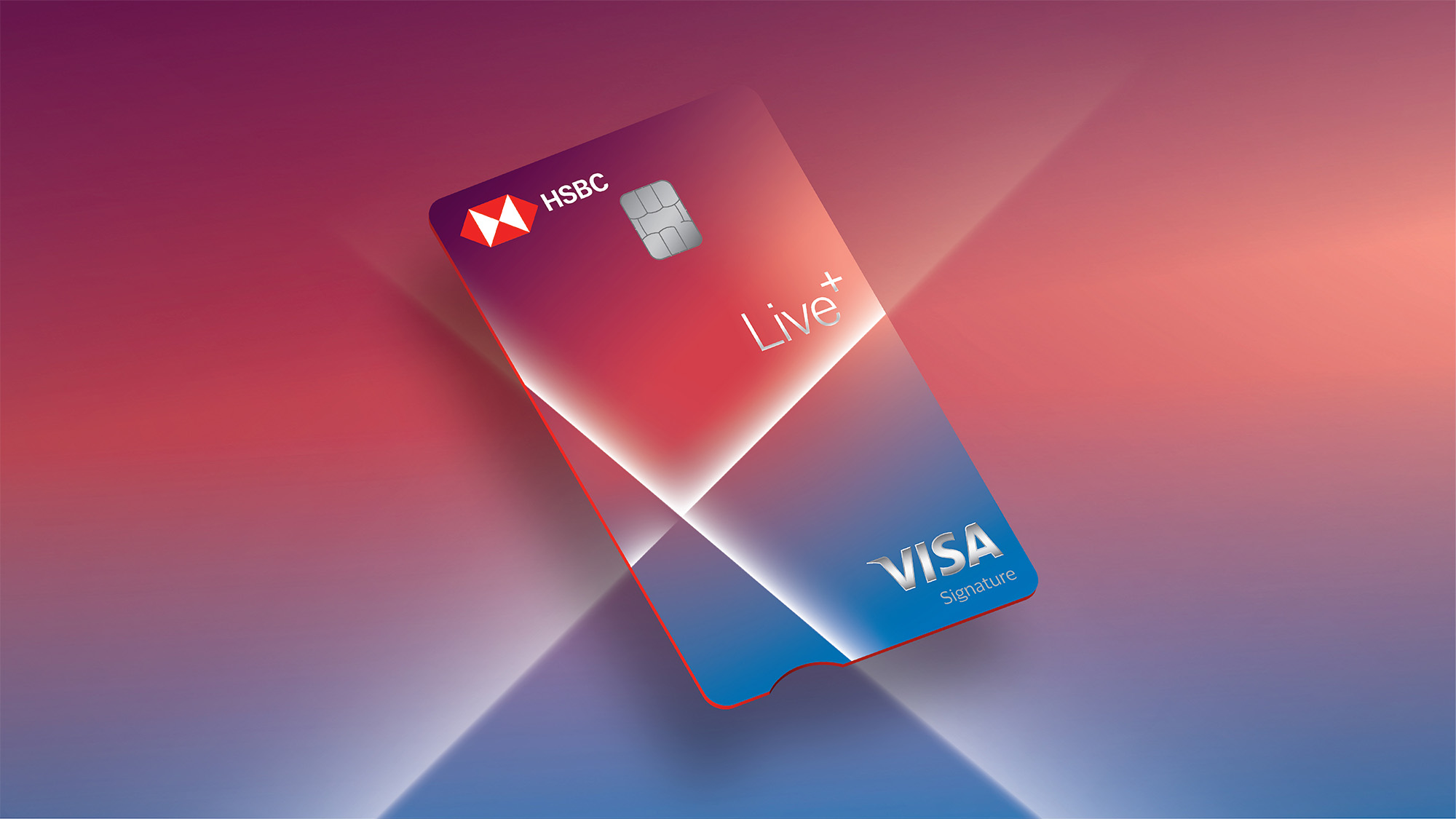Did you find this article useful?

It isn't the most glamorous way to spend your money, but it'll save you from financial troubles later. Credit card debts have high interests levels and are extremely hard to get rid of if you're only paying the minimum. If you have extra cash, use it to pay off the credit card debts.
You don't have to wait for a windfall to pay off your credit cards. Consider a balance transfer from HSBC.
If you're new to investing, you can choose products like mutual fund systemic investment plans, also known as SIPs, fixed deposits and so on. Mutual funds give you a wide range of funds to invest in, depending on your risk-taking capacity. Fixed deposits have lower risks compared to most other investment tools and you'll still be slowly building a nest egg for the future.
Go back to school for another degree, learn a new language or a new qualification. All of these things will open up your career prospects, giving you a higher potential salary in the future.
Now's your chance to unleash your inner artist. Learn to sing, dance, paint or play an instrument. These skills might not unlock your earning potential but they could open up a whole new way of experiencing and understanding the world. Having a way to express yourself creatively is great for your mental wellbeing, not to mention a lot of fun.
Travelling is a great way to experience other cultures and learn about ourselves at the same time. It can create lifelong memories but it can also be quite expensive. Having a lump sum that you can use towards a travel budget can help you take that trip you've always dreamed of.
Visit our card offers page for all the latest travel related offers and get maximum savings on your expenses.
Travelling is great, but so is having a nice place to call home. If you own a home, consider making some renovations and upgrades. If you rent, think about replacing any furniture that is past its prime or switch out appliances for more energy-efficient ones. Even something as simple as changing the curtains or putting on a fresh coat of paint can go a long way.
Consider this the overall investment since physical health affects every aspect of your life. Things like gyms memberships, personal trainers, meal plans and dietary consultations can be expensive, but you'll often save some money if you pay upfront. The best part is you'll be healthier and have a place to get your sweat. A healthier today means a wealthier tomorrow.
Fashion isn't forever. Outside of a few work outfit choices, any money you spend on clothes or jewellery only has a temporary value and isn't an investment. A new bag or the latest top might make you happy for the moment, but it won't last long.
This isn't to say you shouldn't get a pet. Maybe you always wanted a critter friend in your life. But it shouldn't depend on getting extra cash.
Pets aren't a one-time purchase, they continue to cost you money day after day for years. If the reason you can afford a dog is because you got a big tax refund, how will you afford it when the dog gets sick and needs a vet? Or will you be able to put your pet in a kennel when you're away? And remember, adopting is always better than buying.
It can be tough deciding what to do with the extra cash, but as long as it sits in your bank account there's a real danger of spending it all bit by bit on things that don't mean much. Don't waste your resource, do a little research and see what your money can do for you.

Dine, shop and have fun with extra cashback.
Did you find this article useful?



This publication has been issued by The Hongkong and Shanghai Banking Corporation Limited (HSBC), India, Incorporated in Hong Kong SAR with limited liability, for the information of its customers only. This publication does not constitute tax or investment advice or an offer to sell, or a solicitation of an offer to purchase or subscribe to any product / investment. The information herein is derived from sources believed to be reliable and the concerned Information Provider(s) have duly authorised HSBC to use such information provided by them.
Whilst every care has been taken in compiling the information, HSBC and the concerned Information Provider(s) do not guarantee, or make any representation or warranty and accept no responsibility or liability as to its accuracy or completeness and shall not be liable for damages arising out of any person's reliance upon this information or any action taken or not taken as a result of any material contained in the publication. All information is subject to the relevant Act, Rules, Regulations, Policy Statements, etc., of the Income Tax Department and subject to change. Expressions of opinion are those of HSBC and the Information Provider(s) only and are subject to change without notice. HSBC has not independently verified any information provided by the Information Provider(s) or that has been derived from the sources believed to be reliable by HSBC. Opinions expressed herein do not have regard to specific investment objectives, financial situation and the particular needs of any specific person who may receive this publication. This document is for circulation in India only. No part of this publication may be reproduced or stored in a retrieval system without the prior written permission of HSBC. Any liability is accordingly expressly disclaimed by HSBC, its officers, directors and employees.